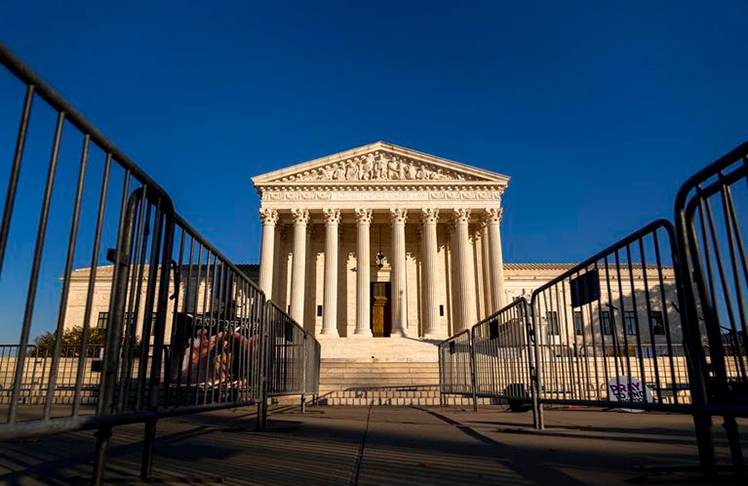
If the U.S. Supreme Court overturns Roe v. Wade, it would limit abortion access for people living in parts of Eastern Oregon, according to a new report. Last week, The Supreme Court seemed they might side with the Mississippi law banning abortions after 15 weeks or even overturn Roe vs Wade 1973 decision that legalized abortion procedures in the United States.
What about Portland and other areas? “Abortion access in the state of Oregon already looks a lot different from living in Portland or living on the coast or living in the Eastern half of our state,” says Cristhel Allen the executive director of Pro Choice Oregon. “We have the majority of clinics available on the I-5 corridor in our state, with the exception of a clinic in Bend that offers abortion care.” “We are seen as one of the most pro-choice states in the nation,” said Christel. “It does not mean that Oregon is a place where everyone is able to access care in their community, quality care, or care that’s culturally informed. It does mean that as far as legal protections, we are sitting in a much better position of privilege than so many other states.”
Oregon codified its own version of Roe v. Wade protections with the Reproductive Health Equity Act of 2017. This law expands reproductive health coverage to people regardless of their immigration status, and it required Oregon private health insurance plans to cover abortions with no out-of-pocket costs. So if Roe v. Wade were overturned, Oregon would still have its own laws allowing abortions. But abortion rights advocates say many Oregonians particularly those in remote, rural areas like Eastern Oregon, will have diminished access to those services.
Additionally The procedure would be banned in Idaho, where abortion clinics are easier to get to for some in Eastern Oregon. Without access in Idaho, people in Ontario, Oregon, would need to drive three hours north to receive services in Washington or four hours west to Bend. Those locations might also get patients driving several more hours from Idaho.
The Supreme Court is expected to make its final decision on the Mississippi law in June or July.















